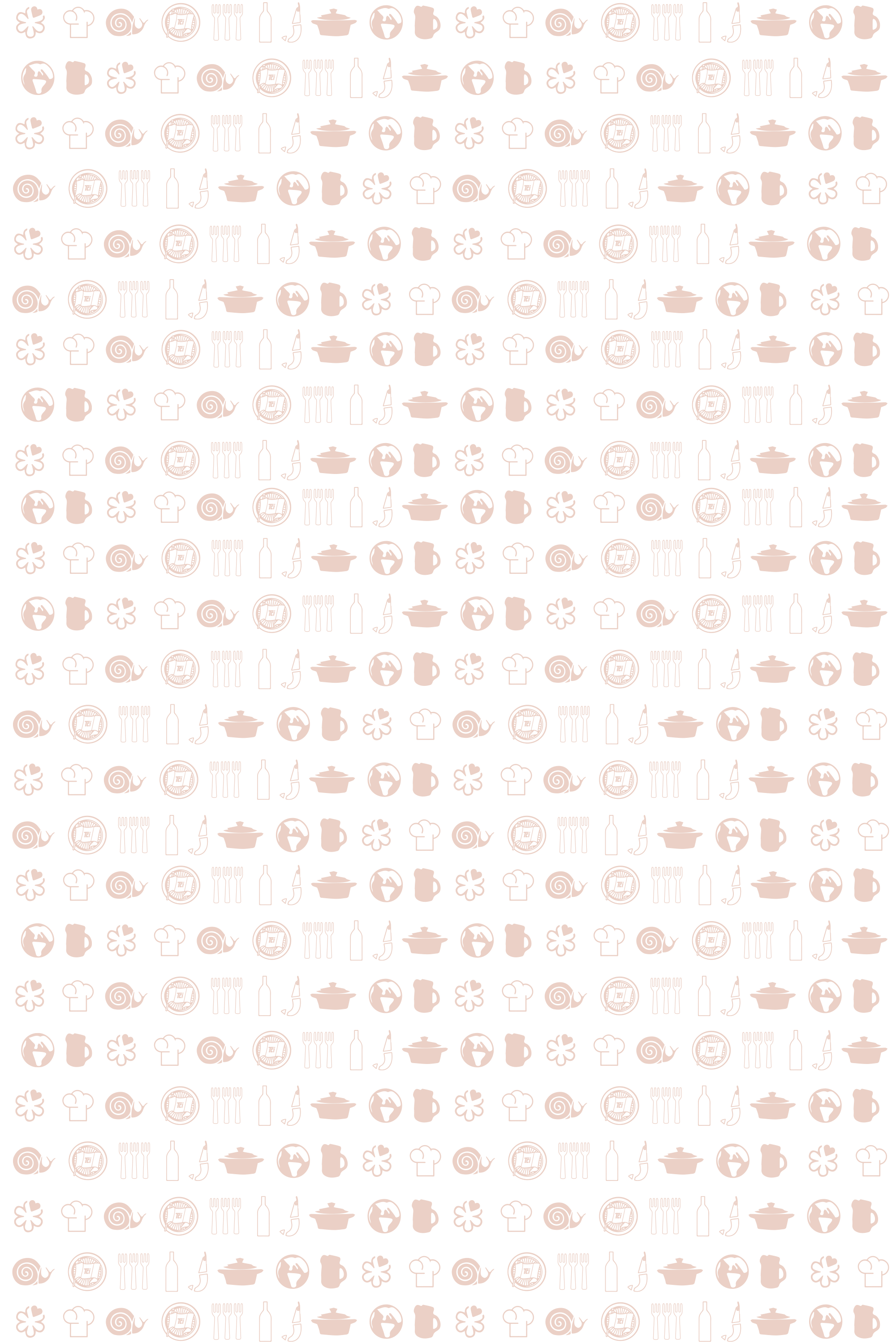 In the 1970s, at the beginning of my gastronomic adventures that led me the Michelin guide, a certain important restaurant in Sarzana, located in a Motel Agip, was being talked about. How was it even possible that within the confines of a motel, there could be a restaurant worthy of a Michelin star? It was the beginning of the years of change. No more roasted chicken dinners or Sunday meals with the family. Cars and mobility were in and young adults started to become less interested at the prospect of a Sunday family dinner.
In the 1970s, at the beginning of my gastronomic adventures that led me the Michelin guide, a certain important restaurant in Sarzana, located in a Motel Agip, was being talked about. How was it even possible that within the confines of a motel, there could be a restaurant worthy of a Michelin star? It was the beginning of the years of change. No more roasted chicken dinners or Sunday meals with the family. Cars and mobility were in and young adults started to become less interested at the prospect of a Sunday family dinner.
The management of the restaurant was in the hands of a certain Angelo Paracucchi, one of the pioneers of the new Italian cuisine. With origins from the Umbrian region of Italy, a vagabond by nature, he worked at ENI before landing in Sarzana at the tourist resort of Pugnochiuso nel Gargano.
The idea to create his own restaurant had been ruminating in his head for a while. He loved the region, understood the territory, and got to know the suppliers and clientele. This is how, at the end of the 1970s, his Locanda was born.
Here, he said, his life started to have a purpose. “Clients would stop by for a chat, after a shop at the local markets for fresh vegetables, ones picked fresh right from the gardens. Local fisherman would stop by with their catch of the day.”
Angelo Paracucchi started in the dining room. He enjoyed entertaining clients by preparing his dishes at the table. It was the best way to communicate with the client and show off his amazing culinary skills. He did not put on a chefs jacket until pushed to do so by two “bigs” from the Italian culinary world: Luigi Carnacina and Luigi Veronelli, who also brought him onto television.
These were years of big change. A new Italian cuisine was barking at the door. No more heavy cream and shrimps in pink sauce. Everyone was thinking out of the box and presenting innovative and more creative delicacies. The ten commandments of the new cuisine were clear. The base ingredients were fundamental: extra virgin olive oil, vegetables straight from the garden and fresh fish.
He was the first to dare to combine certain tastes and aromas, mixing sweet and savory and marrying fruit with fresh fish. New consistencies took hold in his sauces and most of all he appreciated and exploited extra virgin olive oil, a became a strong promoter of what would be called later the “Mediterranean diet.” Aesthetics weren’t his goal. The beauty was in the freshness of the ingredients, its color, and its preparation. The chef doesn’t have to be an artist, but has to respect the characteristics of the components of the plate itself.
Success was immediate. The dining room was full, even at noon. His kitchen was revered. Minimal fancy, but with extreme attention to the quality of the primary ingredients above all. Learning by his side, apprentices moved on to prominent restaurants, establishing him as a mentor in the industry. He was passionate, direct and a true Umbrian.
Notoriety was not without polemics. At the time everyone spoke of Gualtiero Marchesi as the father of new Italian cuisine, honored with three Michelin stars. While he, remained focused on his style of cooking and wasn’t given particular consideration.
Over his thirty years of culinary experience, Angelo pushed the boundaries. Remember the spaghetti with ginger, the ray fish with black truffle, and the duck with blackberries? Curious also about international cuisine, he brought many diverse elements into his kitchen, tempura for example.
The Locanda was one of the first Italian eateries to open a location abroad. In Paris he inaugurated Carpaccio and in Osaka the Angelo Paracucchi Restaurant.
At a certain moment there arrived a time for Angelo to hang up his apron and leave the kitchen. It happened fairly suddenly. He returned to his town of Trevi, in Umbria, leaving his son at the helm of the restaurant along with his loyal team in the kitchen. Before his death, “La cucina fra creatività e tradizione” was published and is considered a testament to his philosophy.
Fausto Arrighi


 Italiano
Italiano







